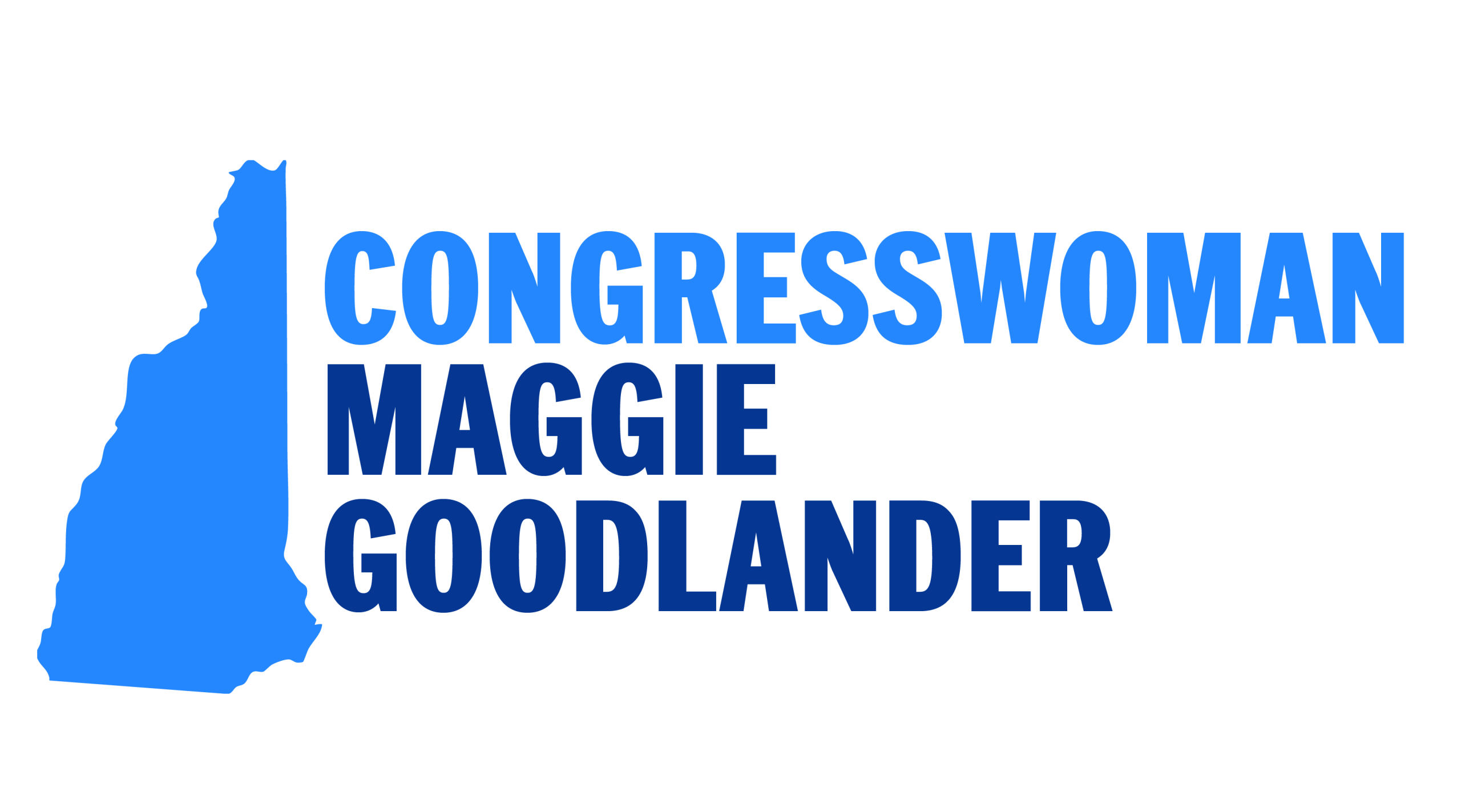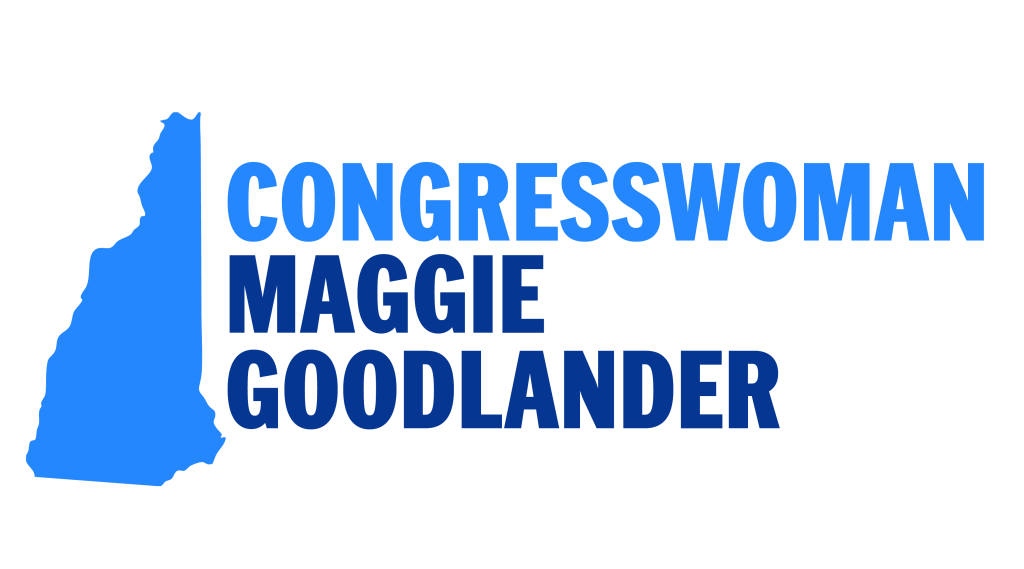Washington, D.C. – Ahead of the 60th anniversary of Bloody Sunday and the historic Civil Rights March from Selma to Montgomery, Congresswoman Maggie Goodlander helped introduce H.R. 14, the John R. Lewis Voting Rights Advancement Act, legislation to restore and modernize the protections of the Voting Rights Act of 1965 and prevent new barriers to the ballot box from being created.
“The right to vote is the fundamental right from which all other rights flow,” said Congresswoman Maggie Goodlander. “I am proud to help introduce this legislation, named in honor of one of my heroes, Congressman John Lewis, to protect the right to vote and safeguard our democracy.”
Devon Chaffee, Executive Director of the ACLU of New Hampshire, said, “We are glad to see the reintroduction of the John Lewis Voting Rights Advancement Act, which would combat the relentless efforts by states to restrict access to the ballot. This legislation is vital to protecting our democracy and ensuring that every eligible voter — no matter their race, background, or zip code — can freely and fairly cast their ballot.”
On March 7, 1965, in Selma, Alabama, the late Congressman John Lewis and hundreds of Foot Soldiers were viciously attacked by police while peacefully demonstrating in support of the equal right of all Americans to vote. The brutality of Bloody Sunday galvanized the Civil Rights Movement and led to the passage of the landmark Voting Rights Act of 1965 (VRA). For decades, the VRA prevented states with a history of voter discrimination from erecting new barriers to the ballot box until it was gutted by the Supreme Court in the 2013 Shelby County v. Holder decision. Without its guardrails, state officials have enacted at least 94 restrictive voting laws, many in states with a history of racial voting discrimination. Subsequent Supreme Court decisions have further weakened the VRA, making it more difficult to challenge voter discrimination in court.
The John R. Lewis Voting Rights Advancement Act would restore and modernize the protections of the VRA. It would establish a modern-day framework to determine which states and localities have a recent history of voter discrimination and require those jurisdictions to pre-clear new voting law with the Department of Justice.
Congresswoman Goodlander has dedicated her life to serving New Hampshire and our country. Before taking the oath of office, she served as a Deputy Assistant Attorney General at the U.S. Department of Justice, a professor of constitutional law at the University of New Hampshire and Dartmouth, a lawyer in the fight for voting rights with the New Hampshire Campaign for Voting Rights, and a law clerk to Justice Stephen Breyer on the United States Supreme Court.



















